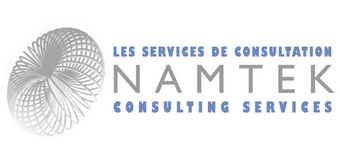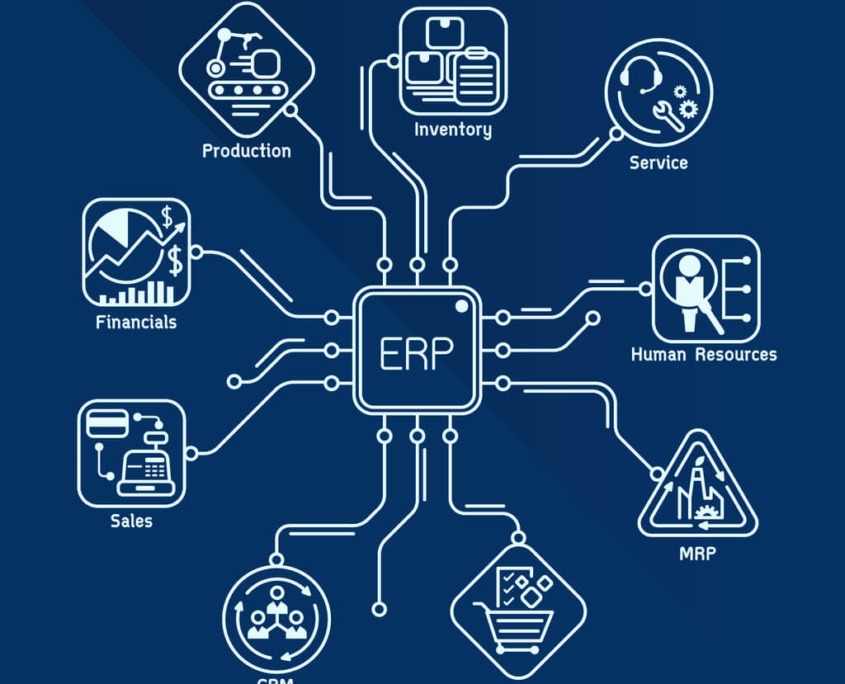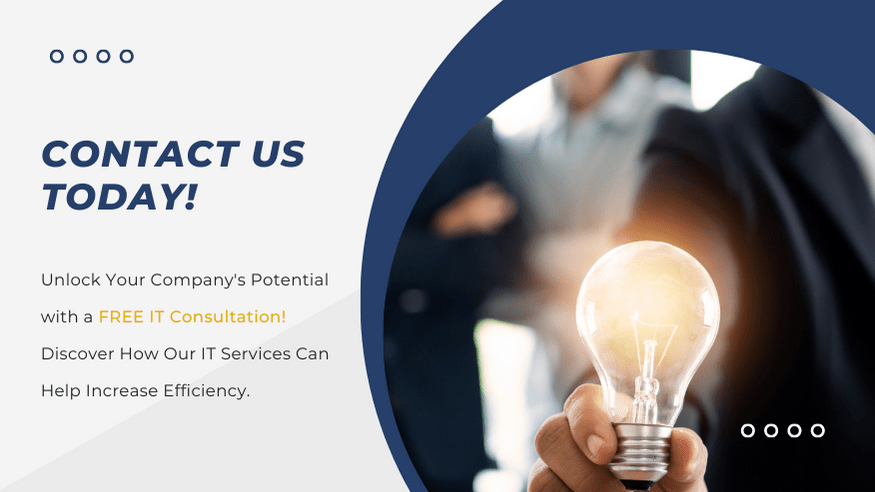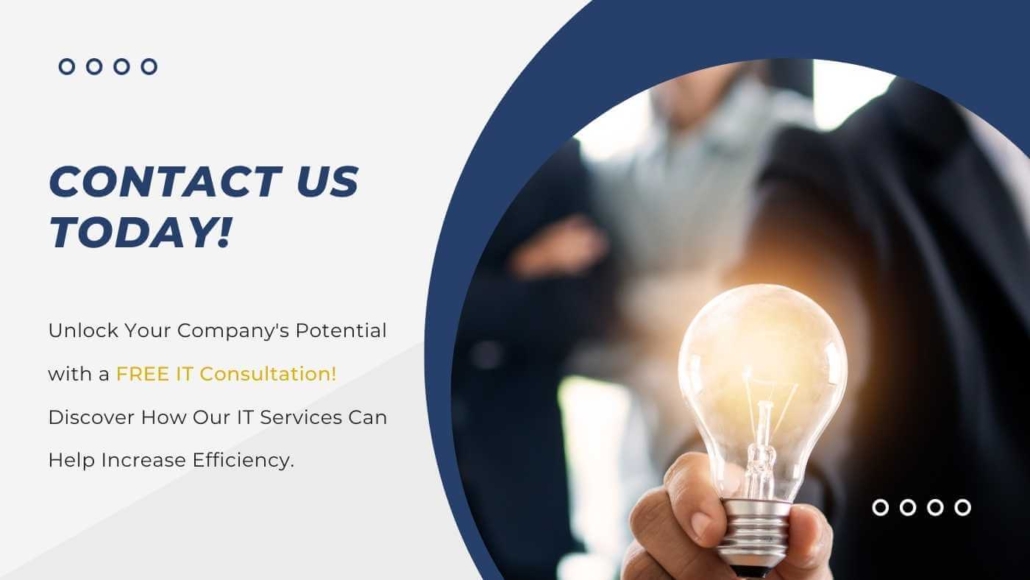Last Updated on November 28, 2023 by Tatyana Vandich
For over two decades, Namtek Consulting Services has delivered unparalleled IT services to SMBs in diverse industries. As seasoned experts, we have a lot of knowledge and experience. Throughout this article, we’ll explore compliance services and explain why businesses can’t ignore. Let Namtek guide you through compliance’s complex terrain and demystify the complexities.
Compliance Services and Regulatory Requirements
Today compliance services have become more essential than ever before. Yet, many businesses still overlook their importance, unaware of the potential risks they pose.
Compliance services encompass various regulatory requirements that businesses must adhere to, ensuring legal and ethical practices across industries. Whether it’s data protection, financial regulations, or workplace safety, these services play a crucial role in safeguarding your company’s reputation and longevity.
By complying with relevant laws, regulations and best practices, your business not only avoids costly fines and legal ramifications but also builds trust and credibility among stakeholders. It demonstrates your commitment to integrity, ethics, ensuring a safe working environment for your employees and customers.
In a world where transparency and accountability are paramount, ignoring compliance is a risk no business can afford.

Common Compliance Challenges Faced by Businesses
While compliance services offer numerous benefits, businesses often face challenges when implementing them. Understanding these challenges can help you overcome them effectively and ensure a seamless compliance process.
One common challenge is the complexity of regulatory requirements. Laws and regulations are constantly evolving, making it difficult for businesses to keep up. The intricacies of compliance can be overwhelming, especially for small and medium-sized enterprises that may lack dedicated compliance teams.
Another challenge is the cost associated with compliance services. Investing in compliance can be expensive, particularly for businesses operating on a tight budget. However, the potential financial consequences of non-compliance, such as fines and legal fees, far outweigh the initial investment in compliance services.
USEFUL INFO:
Data Protection and Privacy:
In the United States, various states have data protection and privacy laws that businesses must adhere to, such as the California Consumer Privacy Act (CCPA). Non-compliance with these laws can lead to fines and legal consequences.
In Canada, the Personal Information Protection and Electronic Documents Act (PIPEDA) outlines rules for the collection, use, and disclosure of personal information. Failure to comply can result in penalties.
Regulatory Compliance:
Depending on the industry, there may be specific regulations that businesses must follow. Non-compliance with industry-specific regulations can result in financial penalties and legal consequences.
Furthermore, businesses often struggle with integrating compliance into their existing processes and workflows. Compliance requirements may necessitate changes in how tasks are performed, leading to resistance or confusion among employees. Effective communication and training are essential to ensure smooth adoption of compliance practices.
Despite these challenges, businesses must recognize the importance of compliance services and take proactive steps to address them. Now, let’s explore the types of compliance services available.
Types of Compliance Services Available
Compliance services encompass a wide range of areas, each catering to specific regulatory requirements. Here are some common types of compliance services that businesses can benefit from:
Data Protection Compliance:
With the increasing prevalence of data breaches and privacy concerns, businesses must comply with data protection regulations. Compliance services in this area help organizations implement robust data protection measures, including data encryption, access controls, and privacy policies.
One of the most influential and widely adopted frameworks for data protection compliance is the General Data Protection Regulation (GDPR).
Financial Compliance
Financial regulations, such as anti-money laundering (AML) and know your customer (KYC) requirements, are crucial for businesses operating in the financial sector. Compliance services assist organizations in establishing robust financial control mechanisms, conducting regular audits, and ensuring compliance with relevant laws.
Safety Compliance
Workplace safety is a top priority for businesses, and compliance services help organizations meet health and safety regulations. These services involve risk assessments, safety training programs, and regular inspections to ensure a safe working environment for employees.
Environmental Compliance
As sustainable development becomes increasingly important, businesses must comply with environmental regulations. Compliance services in this area focus on reducing environmental impact, managing waste disposal, and implementing sustainable practices.
Healthcare Compliance
Healthcare organizations must comply with strict privacy laws, such as the Health Insurance Portability and Accountability Act HIPAA.
HIPAA applies to “covered entities,” which include healthcare providers, health plans, and healthcare clearinghouses, that transmit health information electronically. Additionally, business associates of covered entities, such as third-party service providers handling health information, are also subject to certain HIPAA provisions.
Compliance with HIPAA is crucial for organizations in the healthcare industry to protect patient privacy and avoid legal consequences. Non-compliance can result in significant fines and penalties.
USEFUL INFO: What are the Penalties for HIPAA Violations?
These are just a few examples of the wide range of compliance services available. Depending on your industry and specific regulatory requirements, you may require additional compliance services tailored to your business needs.

Benefits of Outsourcing Compliance Services
Managing compliance internally can be challenging, especially for businesses without dedicated compliance teams or expertise. This is where outsourcing compliance services can offer significant advantages.
- Expertise and Knowledge: Compliance service providers specialize in navigating complex regulatory landscapes. They possess the necessary expertise and knowledge to ensure your business remains compliant. By outsourcing compliance services, you gain access to professionals and technology who stay up-to-date with the latest regulations and best practices.
- Cost Savings: Outsourcing compliance services can be more cost-effective than hiring and training a dedicated compliance team. Service providers often offer flexible pricing models, allowing businesses to choose the services they need without incurring substantial overhead costs.
- Efficiency and Focus: By outsourcing compliance services, you free up internal resources and can focus on your core business activities. Compliance professionals handle the intricacies of regulatory compliance, allowing you to allocate your time and energy to strategic initiatives and revenue-generating activities.
- Technology and Tools: Technology and tools used by the service provider can streamline processes, improve accuracy, and enhance collaboration.
How Compliance Services Help Businesses Stay Ahead of Regulatory Changes
Regulatory landscapes are continuously evolving, with new laws and regulations introduced regularly. Compliance services play a crucial role in helping businesses stay ahead of these changes and ensure ongoing compliance. Here’s how compliance services facilitate proactive compliance management:
- Monitoring and Alerts: Compliance service providers stay updated on regulatory changes and notify businesses of any relevant updates. This proactive approach allows organizations to adapt their compliance strategies promptly.
- Policy and Procedure Updates: Compliance services assist businesses in reviewing and updating their policies and procedures to align with new regulations. They ensure that your compliance framework remains current and effective.
- Employee Training and Awareness: Compliance service providers offer training programs to educate employees about new compliance requirements. These programs enhance employee awareness and ensure adherence to updated policies and procedures.
By partnering with a compliance service provider, businesses can navigate regulatory changes with ease and maintain ongoing compliance.
Cost-Effective Compliance Solutions for Small Businesses
Compliance services are not exclusive to large corporations. Small businesses can also benefit from cost-effective compliance solutions. Here are some strategies for small businesses to ensure compliance without breaking the bank:
- Prioritize Compliance Requirements: Identify the most critical compliance requirements for your business and allocate resources accordingly. Focus on addressing the highest-risk areas first to mitigate potential violations.
- Leverage Technology: Utilize affordable compliance solution to streamline processes and enhance efficiency. For example, our adopted cloud-based Compliance software solution offers the flexibility to designate your own Chief Compliance Officer (CCO) and staff. Easily gather, assess, and address compliance inquiries while collecting evidence at your preferred pace.
- Training and Education: Invest in employee training programs to enhance compliance awareness and ensure adherence to policies and procedures. Well-informed employees play a vital role in maintaining compliance within small businesses.
By adopting these cost-effective strategies, small businesses can establish a strong compliance framework that meets their unique needs.
Conclusion: Investing in Compliance Services for Long-Term Business Success
Compliance services have become indispensable in today’s business landscape. Remember, compliance is not a one-time endeavor but an ongoing commitment. Partnering with a compliance service provider like Namtek Consulting Services can help your business stay ahead of regulatory changes, adapt to evolving requirements, and establish a culture of compliance.
Don’t overlook the importance of compliance services. Embrace them as an essential component of your business strategy and safeguard your long-term success in an increasingly regulated world.














